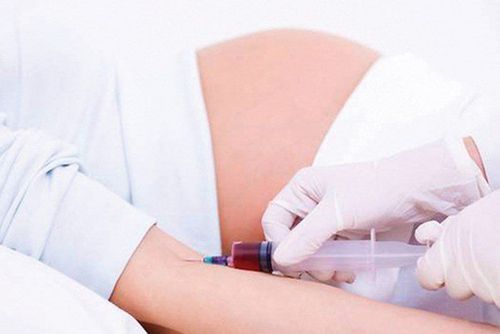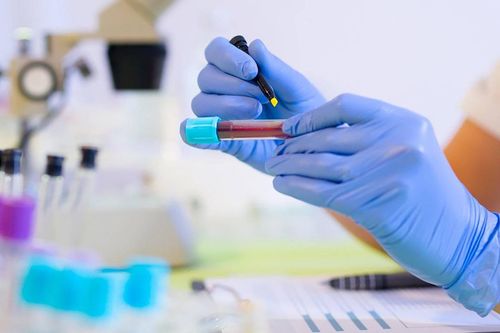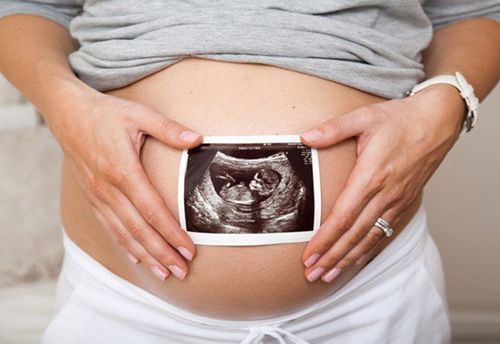This is an automatically translated article.
The article was professionally consulted by Dr. Nguyen Anh Tu - Doctor of Obstetric Ultrasound - Prenatal Diagnosis - Obstetrics Department - Vinmec Hai Phong International General Hospital.The DNA-free prenatal screening test is a non-invasive prenatal screening measure with no risk of miscarriage, with a high detection rate, low false-positive and false-negative rates compared with conventional methods. traditional serum screening.
1. Prenatal screening test without DNA
The DNA-free prenatal screening test is used to screen for specific conditions caused by abnormalities in the number of chromosomes, which cannot find all genetic disorders.2. When is the right time to do this test?
The best time to do this test is from 9-10 weeks of pregnancy until delivery.3. How is it done?
This test is done based on finding and checking some fetal genetic material (DNA) floating in the mother's blood.
This blood sample is analyzed in a laboratory to check for any abnormality in the number of chromosomes 21, 18 and 13. This test mainly checks the fetus for triploidy 21 (Down syndrome), triploidy 18 or 13.
However, this test cannot find abnormalities that need to be screened with ultrasound such as neural tube defects, heart defects or abdominal wall defects, as well as many other chromosomal and genetic disorders.
4. What does DNA-free prenatal screening test results mean?
For the DNA-free Prenatal Screening Test, the predictive value of a positive result depends on how often the genetic disorder occurs in your population.For a negative result, the negative predictive value is 99+, meaning that the baby is rarely born with Down syndrome.

Prenatal Screening Tests : These tests are used to assess the high or low risk of the fetus having a particular condition. Prenatal diagnostic tests: These give the most accurate results possible about whether the fetus actually has a specific condition. Primary tests include amniocentesis or chorionic villus biopsies (CVS). Extracellular DNA testing is an excellent method of checking for common chromosomal disorders in high-risk women, but it also has limitations. Even a negative result does not rule out the risk that the fetus has a chromosomal disorder or other disorder for which DNA cannot be tested. If you get a positive result, further diagnostic testing is needed to determine if the baby is indeed affected. False-positive results are more common in low-risk women than in high-risk groups. If you have extracellular DNA screening, a blood test or ultrasound should be done at the same time to screen for neural tube defects and other conditions.
Please dial HOTLINE for more information or register for an appointment HERE. Download MyVinmec app to make appointments faster and to manage your bookings easily.
Articles refer to the source Acog.org













